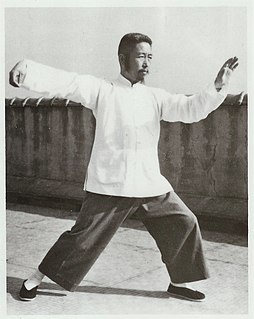A Quote by Roger Zelazny
I read poetry every day. I look at it as an exercise, a kind of T'ai Chi for writers. It teaches economy of form.
Related Quotes
I tend to like the way poets form communities. Writing can be lonely after all. Modern life can be lonely. Poets do seem to be more social than fiction writers. This could be because of poetry's roots in the oral tradition - poetry is read aloud and even performed. I'm just speculating, of course. At any rate, because poets form these groups, they learn from one another. That is one of the best things about being a poet.
We do have to learn poetry at school. Poetry is interesting to me, particularly Chinese poetry. It's like an ancient form of song. There's five sentences, seven sentences - they're very different from English poetry. Chinese poetry is much more rigorous. You can only use this many words, and they will form some kind of rhythm so people can actually sing it. To me, poetry is quite abstract but also quite beautiful.
I've had the good fortune to read a lot of great American writers in translation, and my absolute beloved, for me one of the greatest writers ever, is Mark Twain. Yes, yes, yes. And Whitman, from whom the whole of 20th-century poetry sprung up. Whitman was the origin of things, someone with a completely different outlook. But I think that he's the father of the new wave in the world's poetry which to this very day is hitting the shore.




































